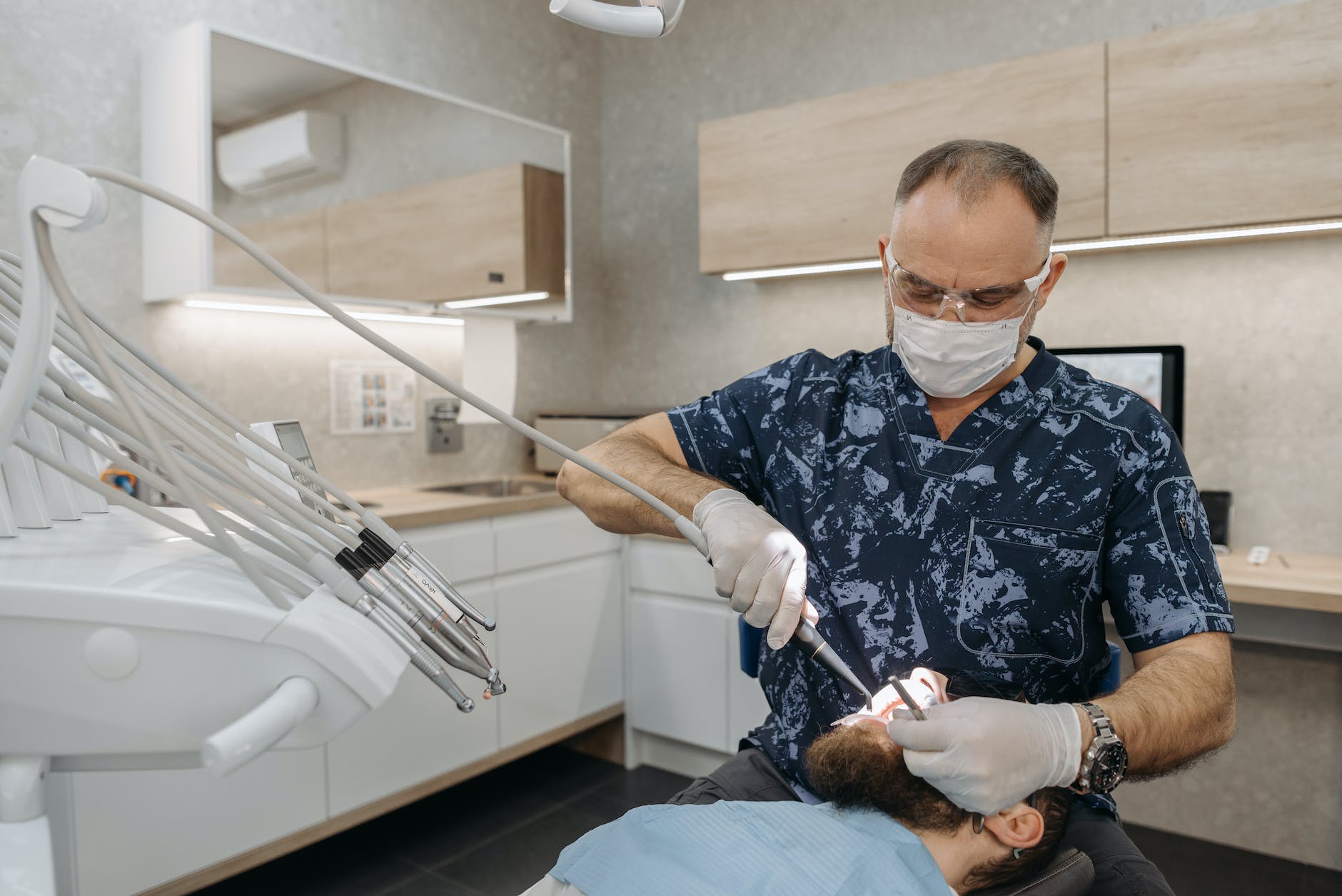
Oral health is an integral component of overall well-being, yet it is astonishing how often it’s relegated to the sidelines in discussions of general health. The health of your teeth, gums, and mouth is not merely aesthetic or functional; it affects your overall health, too.
Ignoring minor issues can lead to significant problems like tooth decay, gum disease, and, in severe cases, even oral cancer – which could become a substantial burden, both financially and emotionally. As per recent estimates, the United States witnessed 54,540 cases of oropharyngeal or oral cancer in 2023. Similarly, 1 in 4 adults in the country have untreated tooth decay, while 46% exhibit signs of gum disease, which worsens their oral well-being.
Against this backdrop, this comprehensive two-part guide aims to provide invaluable insights into critical warning signs in oral health that you should never ignore. Each part delves into a specific facet of oral health warning signs, combining scientific data with practical advice.
As you navigate this guide, remember that oral health is not an isolated aspect of your well-being; it’s interconnected with every system in your body. To save yourself from discomfort, costly medical bills, and potentially life-altering health complications, we suggest looking for the best orthodontic services in your area.
Now, let’s discuss some warning signs:
5 Warning Signs
1. Persistent Bad Breath
The Underlying Concerns
Bad breath usually signals a larger issue. While transient episodes can be linked to the foods we eat, persistent bad breath results from chronic conditions like gum disease, digestive issues, or even diabetes.
Statistics to Note
According to the American Dental Association:
- Almost 50% of adults have had bad breath at some point.
- 25% of the adult population experiences persistent bad breath.
It’s more than just an embarrassing problem; it’s a sign you should consult a healthcare professional.
2. Bleeding Gums
Why it Matters
Gums are more than just a backdrop for your teeth; they’re the supporting structure.
Bleeding gums can be a precursor to more serious gum diseases like periodontitis, which, if left untreated, could lead to tooth loss.
This symptom should never be ignored.
Data Worth Your Attention
The CDC reports that nearly half of Americans aged 30 and older have periodontitis. These numbers aren’t just statistics; they’re a warning. If you’re experiencing bleeding gums, you might be at risk of developing serious oral health issues.
3. Sensitive Teeth
The Issue at Hand
Teeth sensitivity isn’t just about avoiding ice cream or hot coffee. It’s often the first sign of deeper issues like tooth decay, fractured teeth, or root damage. If sensitivity persists, you may need to schedule a consultation with a healthcare professional.
Statistics that Speak Volumes
According to the Academy of General Dentistry, approximately 40 million adults in the United States alone experience some form of tooth sensitivity. If you’re one of them, consider it a prompt to see your dentist.
4. Dry Mouth
Why You Should Care
Saliva serves as a critical cleaning agent, neutralizing acids and helping wash away dead cells. A decrease in its production increases your risk for gum disease and tooth decay and could also indicate systemic issues like diabetes.
Numbers You Should Know
Research by NCBI suggests that dry mouth affects up to 10% of the general population, skewing higher among women and seniors. For some, dry mouth is more than an inconvenience but a wake-up call for broader health concerns.

Dentist
5. Oral Sores or Lesions
The Reality of the Situation
While some sores may be harmless and heal themselves, those that linger should not be dismissed. Persistent or recurring sores could indicate oral cancer or other diseases requiring immediate intervention.
Statistics to Keep in Mind
Oral cancer is on the rise, with approximately 54,000 Americans expected to be diagnosed this year, according to the Oral Cancer Foundation. Early detection is the best way to improve your chances of successful treatment.
What to Do When You Notice These Signs
1. Schedule a Dental Visit
The Importance of Immediate Action
Ignoring symptoms may lead to complications that go beyond your oral cavity. Dentists are not just teeth experts; they can recognize symptoms of broader issues that may require medical attention. Book an appointment as soon as you notice any warning signs.
2. Be Transparent About Your Symptoms
The Need for Open Communication
Transparency is key to proper diagnosis. A holistic description of your symptoms, including duration and any accompanying signs, will aid your healthcare provider in recommending the most effective treatment plan.
3. Understand the Treatment Options
A Tailored Plan for You
Your dentist may offer a range of treatments depending on your condition. These could vary from simple solutions like prescription toothpaste for sensitive teeth to surgical interventions for advanced gum disease. Each plan is tailored to your specific needs.
4. Commit to Regular Dental Check-ups
Preventive Measures
Routine dental visits are the cornerstone of oral health. Biannual check-ups can help catch issues before they become problematic, saving you time, discomfort, and potentially large medical bills.
5. Integrate Oral Care into Your Daily Routine
Consistency is Key
Prevention is always better than cure. A robust daily oral care routine can go a long way in preventing most of the warning signs discussed. It includes regular brushing, flossing, and the use of antiseptic mouthwash.
6. Consult with Other Specialists if Required
A Multi-Disciplinary Approach
Certain symptoms might necessitate a multi-disciplinary approach. For example, persistent bad breath may require an assessment by a gastroenterologist, while unexplained dry mouth could be a side effect of medications that a general physician needs to evaluate.
Conclusion
Your mouth is the gateway to your overall health, and ignoring these warning signs can have repercussions far beyond your oral cavity. With alarming statistics revealing the prevalence of oral health issues in the adult population, taking immediate action and committing to ongoing care is more critical than ever. So, if you experience any of these warning signs, don’t consider them minor issues to be sidelined. Your oral health is your overall health; both deserve your utmost attention. Book an appointment with a reliable healthcare professional to identify and resolve your oral health issues.






